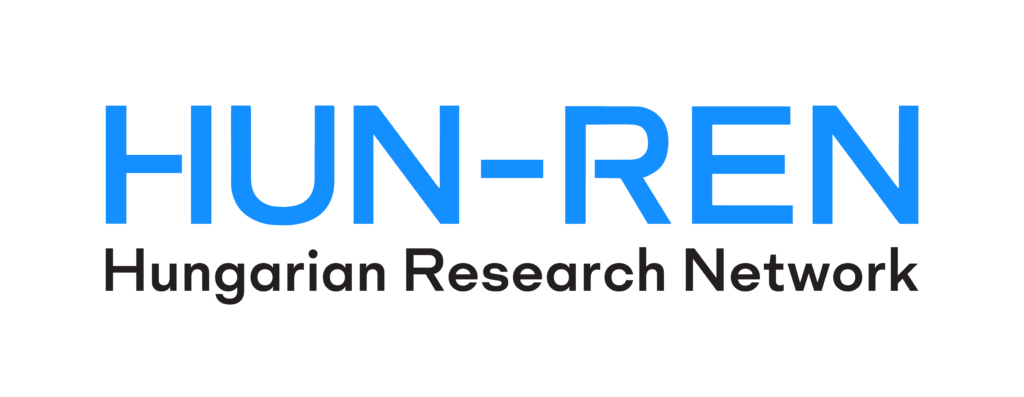MTA Cooperation of Excellences Programme: Heuristic problem solving in matching mechanisms
The MTA KRTK KTI Mechanism design research group has received 40,000k HUF grant for the second year of the project in the 2018/2019 period. The goal of the project is the theoretical study and practical design of matching markets.
From the eight different application areas planned in the three years we managed to advance in the research and development of real applications in three areas in the first year of the project. We studied the Hungarian university admission scheme based on real data, partly provided by the Databank of KRTK. We started the development of a web-application that will be offered to use for allocating students to dual programmes at universities in summer 2019. In the second area, we have been helping the allocation of CEMS students at Corvinus University of Budapest to companies since 2016. In 2018 spring we also supported the allocation mechanism at University of Cologne, Germany. Our colleagues have developed a web-application that the CEMS coordinators can use for their allocations in 2018/2019 in all the 30 universities around the world, after a refinement of the web-application based on an international survey. Finally, the third area of applications is kidney exchange programmes, where the patients with end-stage renal disease may exchange their willing but incompatible donors through a centralised programme. We participated in the study of European kidney exchange programmes in a COST Action devoted to this topic, and we have learned the details of the ten existing national applications. We started several international collaborations on studying the optimisation aspects of kidney exchanges, and we also initiated the establishment of the Hungarian kidney exchange programme in collaboration with local transplant experts.
In the second year of the project we plan to work also on three novel areas. We will propose the study and redesign of admission mechanisms for nurseries, kindergartens, and primary schools in Hungarian and foreign cities, in a centrally coordinated way, just like as conducted for the Hungarian secondary schools and universities. Secondly, we will study the course allocation practices of Hungarian and European universities. In particular, we will investigate the system of the ELTE, which follows a special mechanism implemented in the Neptun system that the other Hungarian universities may also want to consider to use in the future.The third area is the allocation of students in the Erasmus programme, which is currently done locally at every university in Europe in a decentralised way. We will study the different practices and investigate the potential benefits of a central coordination.
More information on this project can be found at the website of our research group (http://mechanismdesign.eu/).


